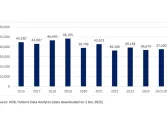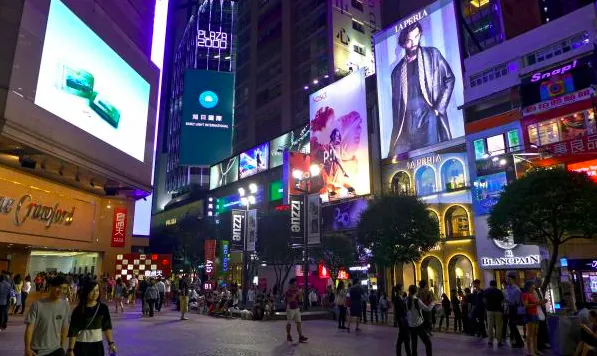
Hong Kong retail shows sliver of hope as rates of rental decline slow significantly
Prime street shop and major shopping centre rents contracted by 4.9% and 4.8%, respectively.
As the COVID-19 pandemic hits the “one year later” mark, both local consumers and local businesses seem to be adapting to pandemic disrupted life and a “new normal” has settled on the retail market. Local consumption has emerged relatively unscathed from 2020, and domestic spending is estimated to have grown by 3.2% YoY last year to hit nearly HK$320 billion, a 15-year high for domestic consumption.
According to Savills, domestic consumer sentiment continued to improve coming into 2021. Despite the impact of the fourth wave of infections which has lingered since November and an absence of international visitors, overall retail sales turned around in the first two months of 2021 rising by 2.7% when taking the figures for January and February together (eliminating the impact of the timing of Chinese New Year).
Sales of electrical goods performed best growing by over 34% YoY, followed by sales of fresh food items and furniture and fixtures, possibly driven by WFH/dining at home demand. It is a surprise to see that the supermarket segment has reversed its growth trend of previous quarters to fall by 8.6%. This may be attributable to a decline in sales of festive gifting items over Chinese New Year as a result of the muted New Year celebrations. Sales of apparel related items and watches and jewellery have also improved while sales of medicines and cosmetics continued to slump.
Here’s more from Savills:
Landlords of both prime street shops and shopping malls are working hard to manage soaring vacancies, but they are taking slightly diff erent approaches to filling empty units. On the street, landlords are using pop-ups and short-term tenancies to keep hold of income streams while waiting for the market to recover.
Shopping centre landlords on the other hand are looking for new concepts and crowd-pulling retailers in a bid to diversify their trade and tenant mix and increase foot traffic. F&B, lifestyle brands and necessity focused retailers are now taking the lead in the leasing market, and local retailers are also taking advantage of the lower rent environment to look for opportunities to increase store presence.
A number of international entertainment operators/concepts have also made their debut in the Hong Kong market in recent months, including Legoland Discovery Centre in K11 Musea, NAMCO Sportainment Arena in Telford Plaza II, DOCODOCO (a kids entertainment concept by NAMCO) in The LOHAS and CUPNOODLES MUSEUM by Nissin Foods in China Hong Kong City. Given a more local-centric market environment, shopping centre landlords are also increasing their leisure offerings for “family”, including family with kids and family with pets to woo local consumers, and concepts include an interactive/digital entertainment zone, a free kids STEAM centre, a kids playground/bike park, and a pets park.
The leasing market showed early signs of revival in the first quarter of the year while consumer sentiment and business confidence has been gradually improving. We have noticed that some vacant or surrender space in core locations has been slowly absorbed over recent months. For instance, Foot Locker has taken up the 20,000-sq ft space at Gala Place in Mong Kok which was previously occupied by H&M, the pre-GAP space at LHT Tower, Central has been leased to American Eagle Outfitters and a lifestyle brand (for the basement space) while Dang Wen Li by Dominique Ansel will open a street shop outlet at H Queen’s on Queen’s Road Central.
In the meanwhile, prime street shop rents have contracted by another 4.9% QoQ in Q1/2021 following a 23.4% YoY decline in 2020 (street shop rents are now down a staggering 76% from peak levels in 2013/14). Base rents in major shopping centres have also fallen by 4.8% QoQ over the first quarter representing an equally eye-popping 46% decline from peak.


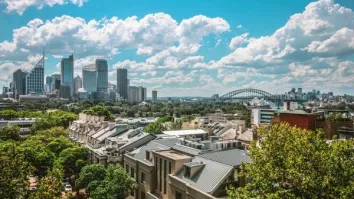


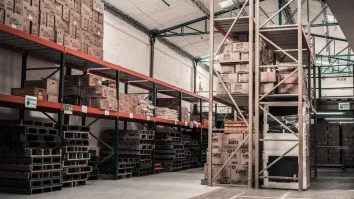







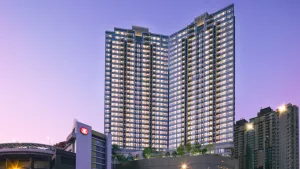





 Advertise
Advertise
